How do we live in this world?
Opinion
Sooner or later each person of faith has to choose how they will relate to the world around them. Some people of faith might choose to engage; some might choose to reject the world or some combination in between. At some stage we have to make a choice.
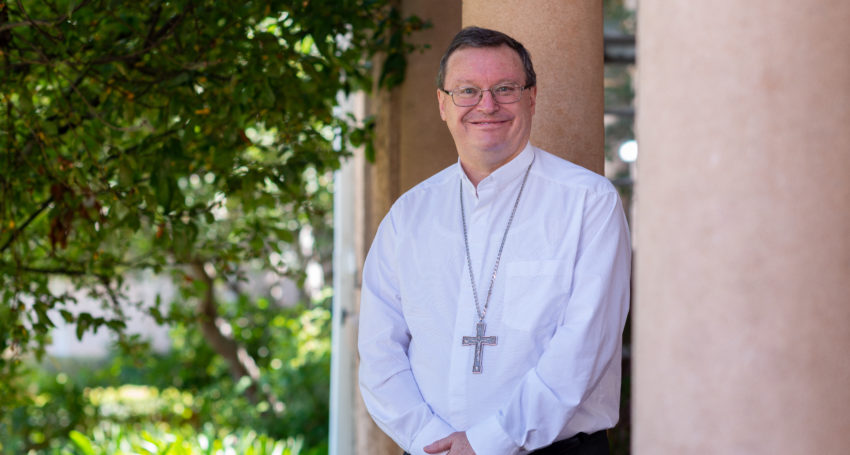
Our Catholic tradition believes that, while ever imperfect, this world was created by God, and thus by definition is good.
As a part of Jesus’ priestly prayer in John Chapter 17, he prayed for his disciples and those who would come after them (that’s us too). In this prayer, he expressed that his disciples were not of this world any more than he was.
And he prayed, not that God would take them out of the world, but that he would protect them while they were in it. This prayer makes clear that we are in this world but not of it. But just what does this mean?
Advertisement
My prayer is not that you take them out of the world but that you protect them from the evil one. They are not of the world, even as I am not of it. (John 17:15-16).
But just what does this mean? Answering this question is the task of each generation; each culture; each country; each Diocese, each family and ultimately each person.
The writer of the letter to the Hebrews sums it up this way:
For here we have no lasting city, but we are looking for the city that is to come. Through him, then, let us continually offer a sacrifice of praise to God, that is, the fruit of lips that confess his name. Do not neglect to do good and to share what you have, for such sacrifices are pleasing to God. (Hebrews 13:14-16)
When you think about what has been happening within the Church in its most recent 60 years of history, working this out is exactly what we have been doing. The brave calling of the Second Vatican Council by Saint Pope John XIII sought to do just that, most notably, but not exclusively its Pastoral Constitution on the Church in the Modern World (Gaudium et Spes). More recently the decision to hold the Fifth Plenary Council of Australia responded not with a sense of desperation but at its heart wanted to ask, ‘how do we live the Gospel in these times?’. How might we better be salt and light, the true leaven for our world, on our journey to the Kingdom of God?
Our own local efforts have also sought to answer that insistent call with our two Diocesan assemblies, and each parish community doing something on the local level.
Rather than just ‘talkfests’, they are genuine attempts to sit down as a family, be it as a parish, as a Diocese, as a continent and as the whole of the Church. Through the process we have had to learn forgotten skills: listening, dialogue and discernment.
Recently some further results of the Commonwealth Census of 2021 were released, with more to come. It showed that in South Australia, Catholics of all varieties make up 15.4 per cent of the population of South Australia. It revealed that 40 per cent of South Australians identified with a form of the Christian religion and that 45.6 per cent ticked the box saying no religion at all.
In the broader circles of society I am often told how ‘the Catholics’ punch above their weight in making a contribution to our society: be it through our schools or hospitals or tangible assistance such as the Hutt St Centre and Fred’s Van. To say nothing of our deep spiritual purpose and expression of our faith.
This information, and that which is to follow, helps us to answer that question, how do we live in this world? It helps shape our discussions at our Diocesan Pastoral Council; the Council of Priests and Diocesan Finance Council, and at our local parish pastoral councils etc. Not as talkfests but informed and hopeful responses of those who are ‘Together on the Way’.
Advertisement
There are many signposts for us as to how to strike that balance. Pope Francis is doing what all shepherds must do, remind us who we are and assist us to live in and not of the world. Sadly some choose to dwell more in fear rather than hope. That is not what we choose to do, that is not how we wish to answer the question ‘how do we live in this world?’.
Having now participated in the Fifth Plenary Council of Australia, in two Diocesan assemblies here in Adelaide and now beginning to focus on the Synod in Rome in 2023 and 2024, I am not fearful but hopeful. Yes, many are the challenges we face. Yet we do so armed with good knowledge and understanding and infused with faith, hope and love.
Life can be confusing enough, it is true. Let us, however, dwell on the following paragraph of Gaudium et Spes (#43):
This council exhorts Christians, as citizens of two cities, to strive to discharge their earthly duties conscientiously and in response to the Gospel spirit. They are mistaken who, knowing that we have here no abiding city but seek one which is to come, think that they may therefore shirk their earthly responsibilities. For they are forgetting that by the faith itself they are more obliged than ever to measure up to these duties, each according to his proper vocation. Nor, on the contrary, are they any less wide of the mark who think that religion consists in acts of worship alone and in the discharge of certain moral obligations, and who imagine they can plunge themselves into earthly affairs in such a way as to imply that these are altogether divorced from the religious life. This split between the faith which many profess and their daily lives deserves to be counted among the more serious errors of our age.
Let us continue to pray for our Archdiocese and for each other, for God is good, good indeed.


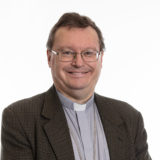
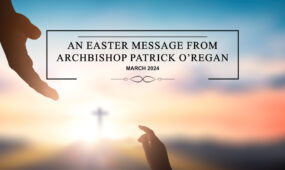
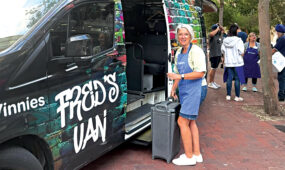
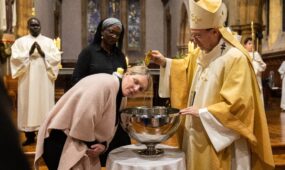
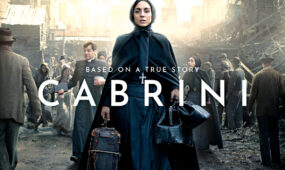

Comments
Show comments Hide comments